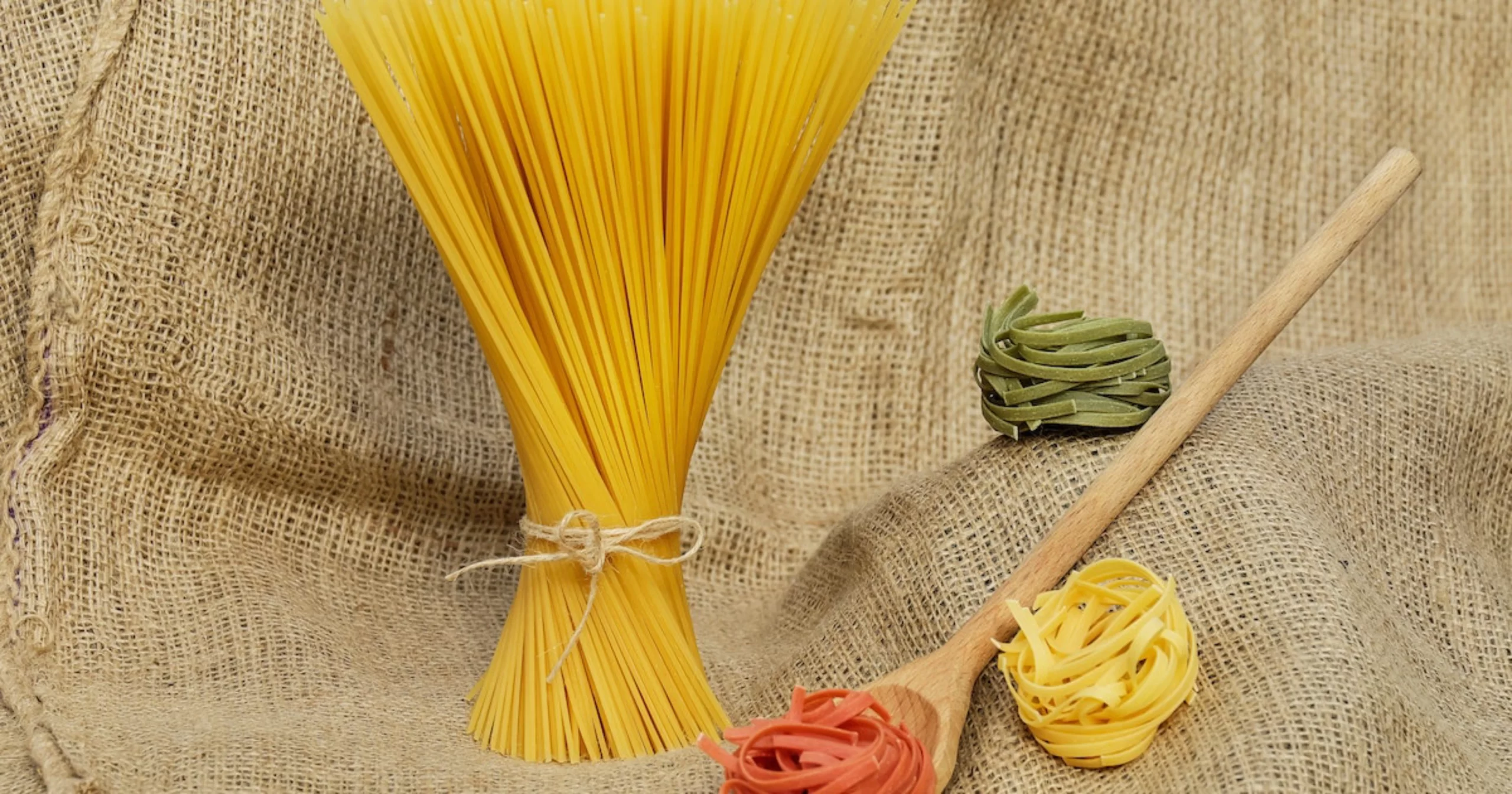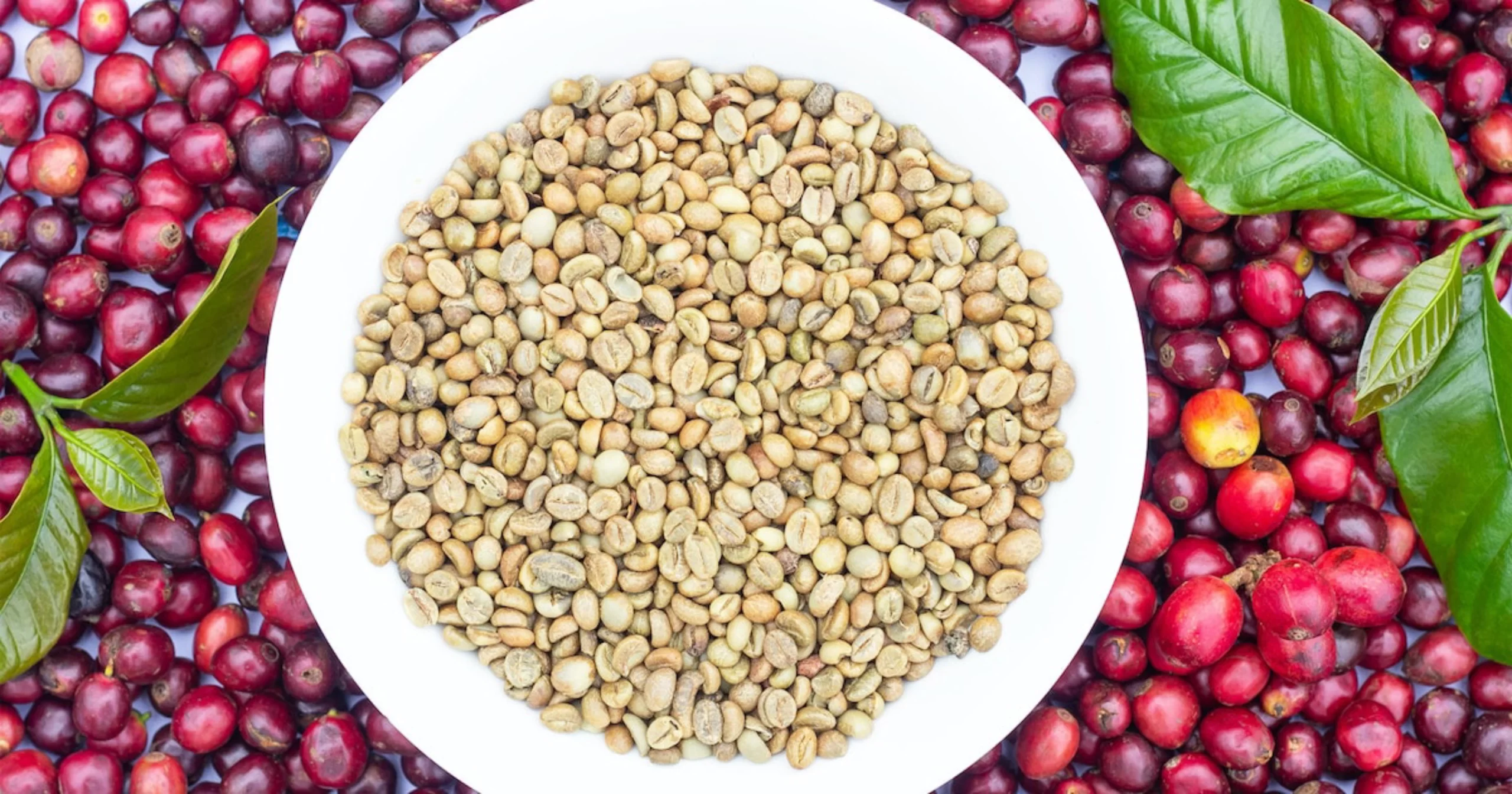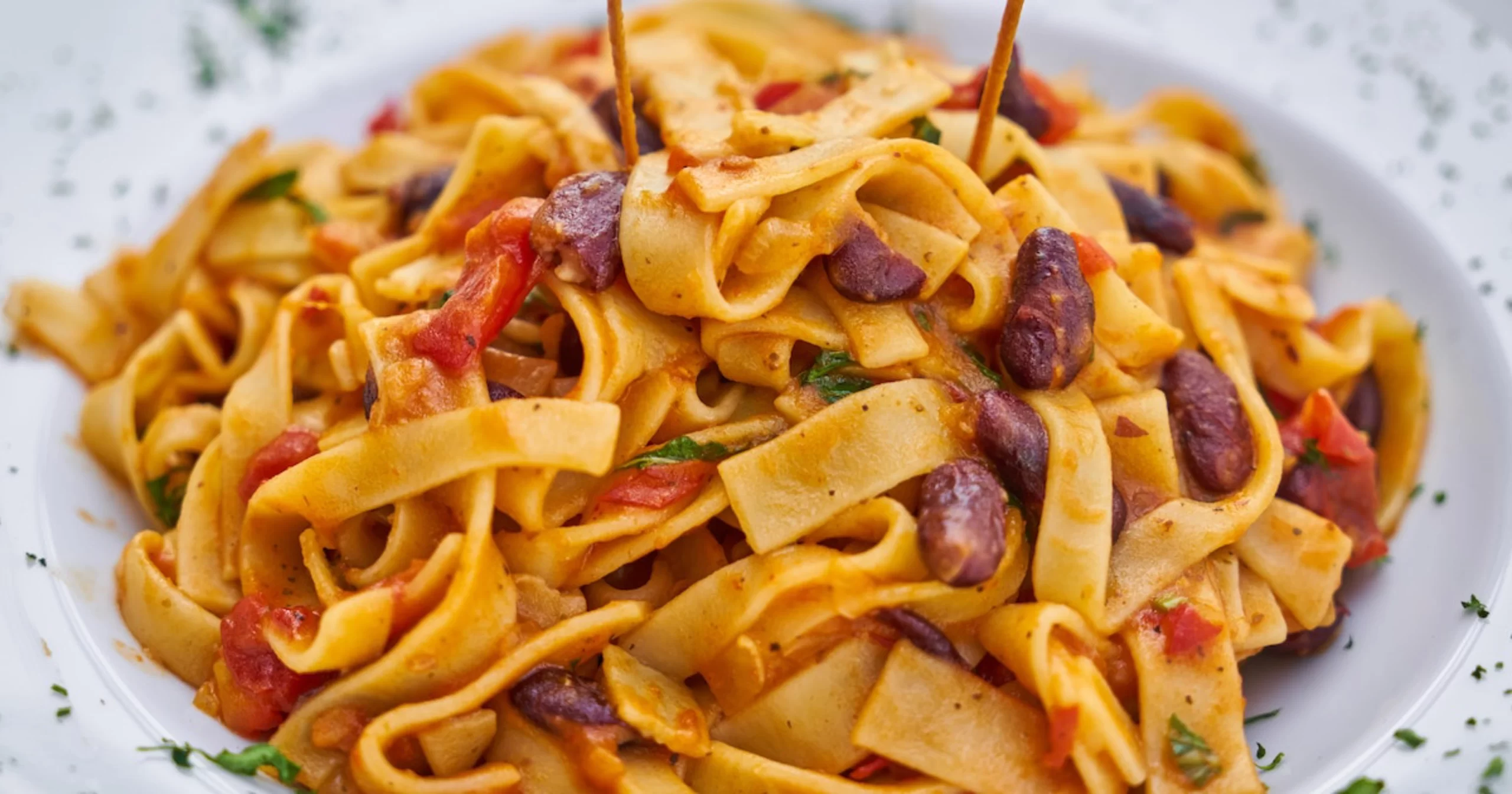As the global economy becomes increasingly unpredictable, it’s essential to be prepared for potential financial downturns, such as recessions. While economic challenges can be daunting, there are practical methods you can take to safeguard your food supply during lean times. In this blog, we will explore effective strategies and share valuable insights on how to prepare for a recession by focusing on recession food.
The Importance Of Preparing For a Recession
During a recession, things that can be affected is food prices. As such, it’s important to prepare for a recession by stocking up on non-perishable food items. This includes canned goods, dried fruits and vegetables, pasta and rice.
Another option to prepare for a recession is by growing your own food. Having a garden in your backyard or even just pots with herbs and vegetables can help you save money on groceries during tough times. Additionally, knowing how to preserve your homegrown produce can also be helpful in stretching your supply.
Lastly, it’s important to learn how to cook frugally during a recession. Making meals from scratch instead of relying on pre-packaged foods can help you save money while still ensuring that you have nutritious meals on the table. Learning new recipes using inexpensive ingredients like beans or lentils can also be beneficial as they are excellent sources of protein that won’t break the bank.
Staying Healthy During Tough Times
- Focus on nutrient-dense foods: When situations are tough, it is essential to prioritize foods that provide the most nutrients per dollar. Whole grains, leafy greens, fatty fish, and lean proteins should lead your grocery list.
- Plan: Meal preparation is essential during a recession. Making a weekly meal plan can help you maintain a healthy diet and save money by reducing food waste. Include an abundance of fruits and vegetables, along with pantry staples such as legumes and rice.
- Embrace home cooking: Cooking meals from scratch is not only healthy but also cost-effective than eating out or relying on processed foods. Invest in some basic kitchen tools like a sharp knife and cutting board, and learn how to cook simple recipes like stir-fries or roasted vegetables.
- Prioritize self-care: Taking care of your mind and heart is just as essential as the food you eat when you want to stay healthy during hard times. Make time for tasks that make you happy, like reading or yoga, and make sure you get enough sleep every night.
- Seek community resources: In many areas, there are community resources available to help individuals who are struggling financially access nutritious food options. Look into local food banks or farmer’s markets that accept SNAP benefits (formerly known as food stamps) to stretch your food budget go further while maintaining the nutrients you need to stay healthy during hard times.
Building a Long-Lasting Food Supply

Among the most valuable things to consider when building a long-lasting food source is storage. You need to ensure that your food items are stored in an appropriate environment that will keep them fresh for an extended period. For instance, canned goods and other non-perishables must be stored out of direct sunlight in a cold, dry location. It’s also essential to rotate your supplies regularly, ensuring that you consume the oldest products first.
Another vital fact to consider when building a long-lasting food supply is diversity. You don’t want all your supplies made up of one type of food item since it can lead to nutrition imbalances. Instead, aim for variety by including different types of grains, fruits and vegetables, proteins like dried beans and nuts, as well as canned meats or fish.
Finally, you must remember to purchase foods with a long shelf-life. Some examples include dehydrated meals or freeze-dried foods, which typically have a shelf life of up to 25 years! By following these three tips – proper storage, diversity in the selection and buying products with long shelf lives –you can build a robust food supply that will withstand any economic downturn or natural disaster.
What Do People Eat In a Recession?

During a recession, food becomes one of the major concerns for people. With limited financial resources, many people have to adjust their eating habits and make changes in their grocery lists. There are common strategies is to buy more affordable foods such as pasta, rice, and beans. These staple items are cheap and can be used in multiple dishes.
Another strategy that people use during a recession is to cut down on meat and poultry consumption since they are often more expensive than plant-based proteins. Vegetables like potatoes, carrots, onions and cabbage are also commonly consumed during a recession because they last longer than other perishable vegetables.
Lastly, many families start growing their own fruits and vegetables at home if possible or participating in community gardens to ensure access to fresh produce at a lower cost. Additionally, cooking from scratch instead of buying processed foods can save money and provide healthier meals. In conclusion, preparing for a recession requires careful planning regarding food choices, but with smart choices, people can still enjoy nutritious meals despite financial constraints.
Does Food Go Up During a Recession?
During a recession, food prices can go up due to several reasons. Firstly, the cost of transportation and fuel increases during an economic downturn, leading to higher prices for goods that need to be transported. Secondly, as more people lose their jobs or have reduced income during a recession, they may turn to cheaper options like fast food and processed foods, which can drive up demand and prices for these items.
To prepare for a recession regarding food, it’s important to focus on budget-friendly options that are still nutritious. This might include buying in bulk when possible, meal planning ahead of time to minimize waste and reduce trips to the grocery store, and seeking out deals at local farmer’s markets or discount stores. Additionally, consider learning how to cook from scratch using basic ingredients like beans, rice, and vegetables – this can save money while also providing healthier meal options. By taking this policy before a recession hits, individuals can help ensure they have enough food to sustain themselves without breaking the bank.
What Should I Buy Before a Recession?

During a recession, essential to have a stockpile of non-perishable food items in case of financial difficulties. Canned goods, dried beans and rice, pasta, and peanut butter are all great options for long-term storage. Also wise to invest in a water filtration system or stock up on bottled water.
In addition to food supplies, it may be helpful to invest in basic household essentials such as cleaning supplies, toiletries, and basic medical supplies. It is also vital to have cash on hand in case of emergencies where credit cards or electronic payment methods may not work.
Preparing for a recession can be daunting, but taking simple steps like stocking up on non-perishable food items and household essentials can provide peace of mind during difficult times.
How To Raise Money During a Recession?
During a recession, raising money can be pretty challenging. However, there are some policies that can help you overcome financial difficulties. Firstly, consider reducing expenses by cutting unnecessary costs and negotiating with suppliers for better rates. This may help you save money and increase your profit margins.
Secondly, explore alternative sources of funding such as grants and loans from government bodies or non-profits. These organizations may have dedicated funds to support businesses during economic downturns.
Thirdly, consider diversifying your revenue streams by exploring new markets or offering complementary products or services. This may help you generate more income and stabilize your business in times of uncertainty.
Raising money during a recession requires creativity and resourcefulness. By being proactive and exploring different options, you can overcome financial challenges and thrive in difficult times.
Where Is It Best To Put Money In a Recession?
The first investment tip is always to diversify your assets during a recession. Spreading your investments across many asset classes, such as equities, bonds, real estate, or even commodities like gold and silver, is preferable to putting all your eggs in one basket. This strategy’s premise is that you have other investments that can offset losses if one industry performs poorly.
Focusing on defensive equities is another choice for people wishing to invest during a recession. Because they create necessities that people require regardless of the state of the economy, these businesses typically do well despite economic conditions. Examples of defensive sectors include healthcare, utilities, and consumer staples.
Finally, some investors might choose to take advantage of lower stock prices by buying undervalued stocks with strong fundamentals in companies positioned for growth once the economy rebounds. However, this approach requires careful research and analysis since there’s always a risk associated with investing in individual stocks rather than diversified funds or index funds. Regardless of which strategy you choose, it’s essential not to panic during a recession and make rash decisions based on fear or uncertainty.
How Long Do Recessions Last?
Recessions can last anywhere from some months to several years. The length of a recession depends on various factors, including the severity of the economic downturn and how quickly policies are implemented to address it. For example, the Great Recession that began in 2008 lasted for 18 months, while the recession in 1981-1982 only lasted for six months.
During a recession, financial instability may cause many families to struggle to access nutritious food. To prepare for such an eventuality, it’s important to prioritize non-perishable foods that are high in protein and fibre. Items like canned beans, lentils, peanut butter and tuna can provide essential nutrients while also being shelf-stable.
Additionally, stocking up on food items that have long shelf lives during a recession or other economic downturns, consider investing in equipment that will help you prepare your own meals at home. Instant Pot can be used to make cheaper cuts of meat more palatable and reduce overall cooking time, so you don’t need as much energy or time spent in front of the stove. By taking these steps early on, you’ll be better prepared should an economic downturn impact your household’s budget and access to fresh produce become limited due to rising prices.
Is Gold A Wise Investment In a Recession?
Investing in gold during a recession could be a wise decision. Historically, gold has been considered a safe-haven asset that holds its value even during difficult economic times. During recessions, the stock market tends to take a hit, causing investors to seek alternatives such as gold. In fact, during the 2008 financial crisis, the price of gold significantly increased as many investors shifted their focus towards this precious metal.
While there is no surety that gold will perform well during every recession, in comparison to other commodities such as equities or real estate, it is often regarded as a low-risk investment alternative. Additionally, owning physical gold can provide security and protection against inflation. However, investing in gold should not be seen as a quick-fix solution for surviving an economic downturn and should always be done within one’s financial means.
Investing in gold during a recession may prove to be beneficial for those looking for stability and protection against market volatility. Before making any investment, it is crucial to exercise independent judgment and consult with financial professionals. In addition to investing in assets like gold, having an emergency fund is essential, and you should also think about other pre-planning measures like paying down debt and lowering spending where you can.
Should I Buy Gold And Silver During a Recession?
Many people in this period think of buying gold or silver as a safe harbour for their money. As other assets struggle during uncertain economic times, the value of these precious metals typically increases. However, it’s essential to research before jumping into this type of investment.
One thing to consider is the current price of gold and silver. If prices are already high, you may not see much return on your investment if the economy stabilizes quickly. Additionally, storing physical gold and silver can come with its own costs and risks.
Another option is investing in exchange-traded funds (ETFs) or mutual funds that hold gold or silver assets. These options offer greater liquidity than physical metals and can provide more diversification in your portfolio.
No issue what you decide; it’s important to remember that no investment comes without risk. It’s an excellent idea to discuss with a financial advisor before making any major investment during a recession or any other time.
What Happens To Precious Metals During a Recession?
During A Recession, The Demand For Precious Metals Such As Gold And Silver Often Increases. This Is Because Investors Tend To Lose Faith In Conventional Investments Such As Equities And Bonds And Seek Refuge In Precious Metals. As A Result, The Price Of These Metals May Go Up.
However, It’s Important To Note That The Demand For Industrial Metals Like Copper Usually Decreases During A Recession Since There Is Less Construction And Manufacturing Activity Happening. This Can Cause The Price Of Copper To Drop.
In Terms Of Preparing For A Recession Food-Wise, It’s Important To Focus On Stocking Up On Non-Perishable Items That Can Last You For An Extended Period. Canned Goods, Rice, Pasta, And Beans Are All Good Options. It’s Also Smart To Have Some Emergency Supplies Like Bottled Water And First Aid Kits On Hand In Case Of Any Unforeseen Disruptions In Access To Basic Necessities.
Is a Recession Coming In 2023?
With Uncertainty Surrounding The Future Of The Global Economy, Many Are Left Wondering If A Recession Is Coming In 2023. While Experts Cannot Predict The Future With Certainty, There Are Certain Indicators That Suggest A Potential Downturn. Some Of These Include Rising Inflation, High Levels Of Debt, And Slowing Economic Growth.
Preparing For A Potential Recession Can Involve Various Strategies, Including Prudent Financial Planning And Reducing Expenses. One Area To Consider When Preparing For An Economic Downturn Is Food Security. Investing In Non-Perishable Food Items Like Canned Goods And Grains Can Help Ensure That You Have Access To Essential Nutrients During Difficult Times.
Additionally, Cultivating Your Own Food Through Gardening Or Participating In Community-Supported Agriculture Programs Can Provide Fresh Produce While Also Saving Money On Groceries. By Taking Proactive Steps To Prepare For A Potential Recession, You Can Protect Yourself From Financial Hardships And Feel More Secure About Your Future.
What Happens In a Recession?
During a recession, there is usually a decrease in economic activity, which results in high unemployment rates and reduced consumer spending. Thus, people have less money to spend on food and other necessities, resulting in a greater demand for inexpensive goods. In turn, this can lead to a rise in the price of more expensive foods like meat and fresh produce as consumers switch to cheaper options.
To prepare for a recession when it comes to food, it’s important to focus on budget-friendly options that are still healthy. This might mean buying frozen or canned fruits and vegetables instead of fresh produce or opting for more plant-based meals that are often less expensive than meat-based dishes. It’s also important to stock up on non-perishable items like rice, beans, and canned goods so that you always have a thing on hand, even if you cannot routinely go grocery shopping.
Overall, being mindful of your spending habits regarding food during a recession is crucial. By making smart choices and planning, you can ensure that you can still maintain a healthy diet without breaking the bank.
Who Benefits From a Recession?
When a recession strikes, many people experience financial hardships, but some businesses can actually benefit from the economic downturn. As consumers look for ways to extend their budgets, discount retailers such as dollar stores and thrift shops typically prosper during a recession. Additionally, companies that provide essential goods and services, such as healthcare and utilities, often continue to perform well.
Investors who have positioned themselves appropriately may also benefit from a recession. For example, those who hold cash or invest in stable industries such as healthcare or consumer staples may see their portfolios hold steady or even increase in value during a downturn. However, it is important to note that banking on benefiting from a recession should not be one’s primary strategy for success – investing should always be approached with caution and long-term goals in mind.
As for preparing for a recession when it comes to food consumption, there are several steps individuals can take. One option is to stock up on non-perishable items with extended shelf lives, such as canned goods and dried grains. Another approach is to start growing your own produce if possible – this can help reduce grocery bills while also providing fresh fruits and vegetables at home. Finally, meal planning can also be helpful in reducing food waste and stretching ingredients further over time.
What Sells In a Recession?
People’s spending patterns tend to become more price-conscious and frugal during a recession. This means that products and services that offer value for money tend to sell better during an economic downturn. In the food industry, this translates to an increased demand for affordable but nutritious meals such as grains, legumes, root vegetables, and canned goods.
Additionally, comfort foods and indulgences may also see a spike in sales as people look for ways to cope with the stress of financial instability. This could include items like chocolate, ice cream, or other treats that provide a temporary escape from the harsh reality of a recession.
Finally, products that help people save money or make their lives easier can also do well during tough times. Meal packages or pre-packaged meals, for instance, may be popular among budget-conscious individuals who prioritise convenience. Overall, businesses that can adapt their offerings to meet the changing needs of consumers during a recession are most likely to thrive.
What Not To Do During a Recession?
During a recession, it’s important to be mindful of your spending habits. During a recession, overspending on unnecessary products is one of the mistakes people make most frequently. It’s crucial to prioritize your spending and only purchase essential items like food, housing, and utilities.
Another mistake to avoid during a recession is taking on additional debt. Even though it may be tempting to borrow money or use credit cards to make ends meet, this can lead to a growing effect of interest and financial stress in the long run. Instead, focus on creating a budget and finding ways to cut expenses.
Lastly, it’s important not to panic or make rash decisions during a recession. This can lead to impulsive financial choices that may harm your long-term financial health. Instead, consider some time to think about your position and make a plan for how you will stay patient and strong during the slowdown.
Conclusion: Preparing Now For a Better Future
In conclusion, preparing now for a better future in terms of food during a recession is vital. Making a budget and sticking to it is the first step. This helps you reduce your expenses and spend only on necessities, such as food items, that can sustain you through tough times.
Secondly, investing in bulk buying is an excellent way of saving money when shopping for groceries. You can buy non-perishable food items such as rice, beans, pasta and canned goods in larger quantities at once, which saves more money than buying smaller portions regularly.
Lastly, grow your own produce if possible or join community gardens where you can source fresh vegetables free from chemicals used by commercial farmers. These small steps will help ensure that you are prepared for any economic situation while also promoting self-sufficiency and sustainability in the long run.
FAQ
